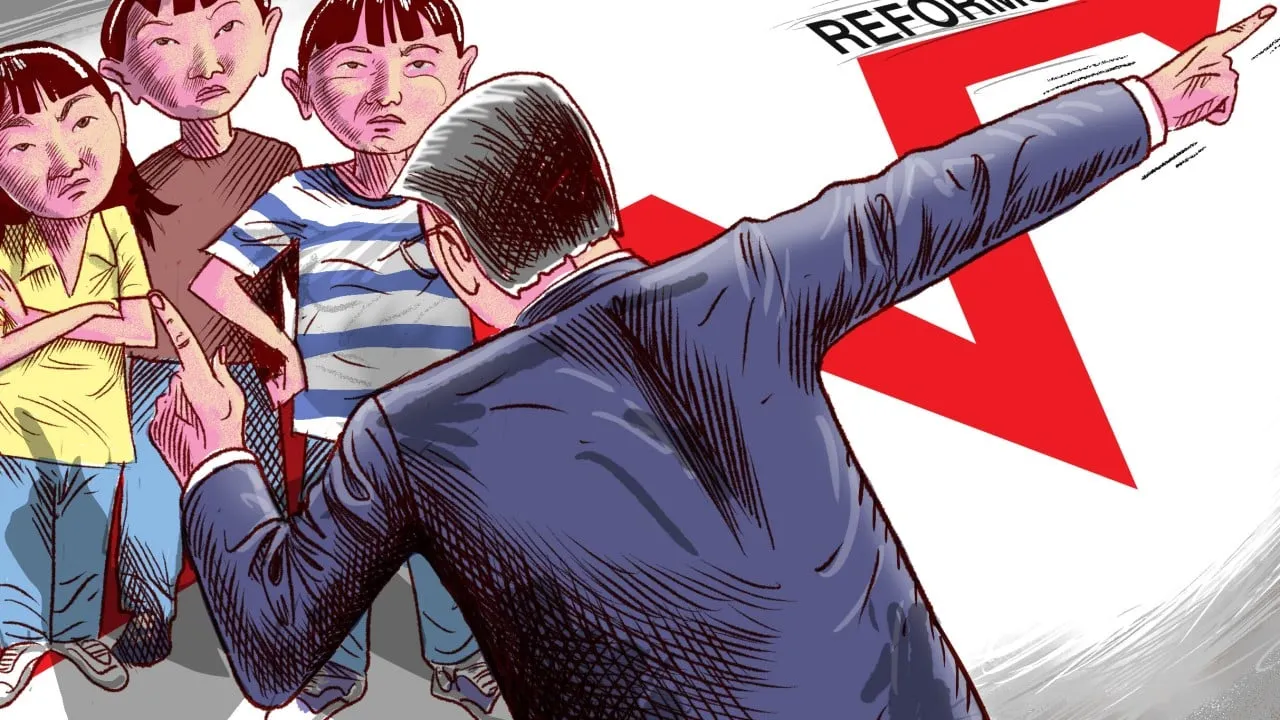Mao Zedong's Governance Teachings: A Barrier to Beijing's Economic Reforms

Mao Zedong's Governance Teachings: A Barrier to Beijing's Economic Reforms
Amidst the challenges facing China, the governance style rooted in Mao Zedong's ideology continues to exert significant influence. The officials' roles mirror a parental structure, limiting flexibility required for effective reforms. As the nation seeks economic revitalization, these outdated practices present formidable obstacles.
Historical Context of Parental Governance
- Governance inspired by Confucian philosophy
- Transition from Mao Zedong to Deng Xiaoping's reforms
- Current implications of the zero-Covid policy
The Need for Change
The shift from a nanny state mentality to embracing dynamic governance practices is essential if Beijing aims to attract investment and drive economic growth.
This article was prepared using information from open sources in accordance with the principles of Ethical Policy. The editorial team is not responsible for absolute accuracy, as it relies on data from the sources referenced.